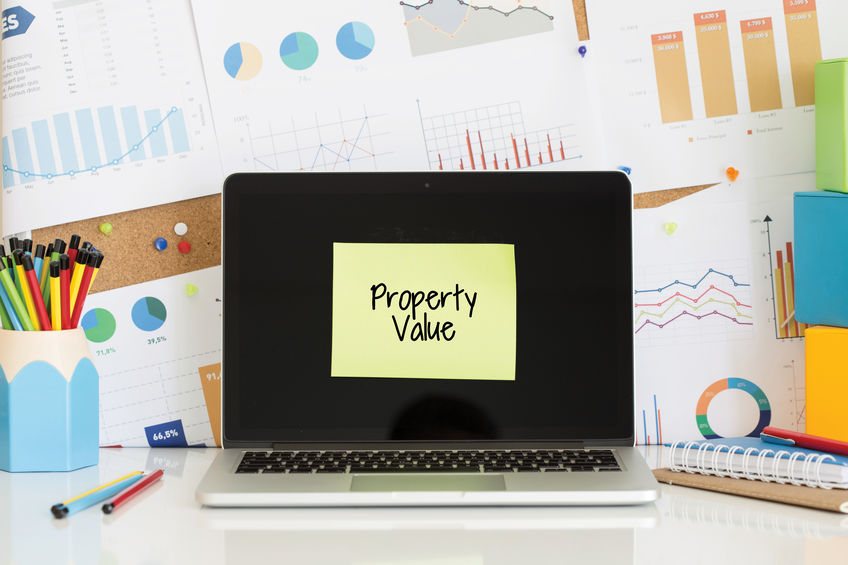It’s AGM season: Is your building’s replacement value updated?
For many bodies corporate, this time of year signals AGM season. As managing agents set up their annual general meeting (AGM) with trustees and other body corporate members, it is important that all the required documents and figures are ready for this important gathering.
Replacement cost determines updated insurance value
One of the agenda items that needs to be addressed at the AGM is updating the replacement cost of the building. This is the value that will determine the total insured value of the building; therefore, the insurance premium payable monthly by the body corporate.
The Sectional Titles Schemes Management Act requires that a professional and independent valuation is completed for the building every three years, and this needs to be presented at the AGM. Through this Act, the trustees are obliged to ensure that the insurance value is always up to date so that the building enjoys sustained and comprehensive insurance cover. If trustees fail in this duty, they can be held personally liable in the case where the building’s insurance is found to be insufficient at claim stage.
Annual insurance adjustments
For the years in between the valuation, insurers often apply a default annual increase of 10-15% which may or may not be realistic. The benefit of having a valuation done every three years, is that the adjustment of the replacement value is then based on actual and updated building costs which drive the value of replacing a building when it gets destroyed or damaged.
If an annual increase of 10-15% is applied without having the base of a valuation, your building may end up over-insured to the point of wasting money on inflated insurance premiums. If no annual increase is applied and the replacement value of the building remains the same year on year, the body corporate may find itself in the dangerous position of being under-insured.
Is your valuer unbiased?
This is yet another reason to use a third-party valuer who has no vested interested in decreasing or increasing the insurance value.
We are often asked if the trustees can appoint a quantity surveyor (QS) to advise on the building costs. Apart from being the costlier alternative to a professional valuer, it is also important to that the QS offers liability protection for the trustees in the form of professional indemnity of at least 10% of the total assessed replacement cost, the minimum being R10 million. In addition, like with any good valuer, the QS report must meet the minimum requirements of an insurance valuation, showing a detailed breakdown of the replacement cost as well as a schedule of replacement values per each unit or section.
Note that building costs are not the same as insurance replacement costs – which is the total cost involved in assessing, redesigning, clearing the site, building a new building as well as all the administration and professional costs involved in such a project. True replacement costs include costs for submitting plans, demolition costs, professional costs (architects, engineers, project management, etc.), removal costs, plumbing, electricians, VAT and much more.
In other words, if just the building costs are obtained from a QS, you will not be able to conclude an accurate and updated replacement value as many of the associated costs will be missing. As a result, your building will then find itself dramatically under-insured.
Mirfin Valuations is a nationwide and independent provider of asset and property valuations, specialising in sectional title insurance valuations.
About the Author: Bjorn Laubscher
Bjorn Laubscher is Managing Director of Mirfin Valuation Services which offers professional and comprehensive insurance valuations for community schemes. A pioneering web-based quoting system takes the pain out of getting an insurance valuation quote, saving trustees and managing agents time and providing instant quotations. Visit www.mirfin.co.za
ALSO READ: Here are 11 key factors that influence your home valuation
YOU MAY BE INTERESTED IN: Why COVID-19 is not an excuse to delay an Annual General Meeting

